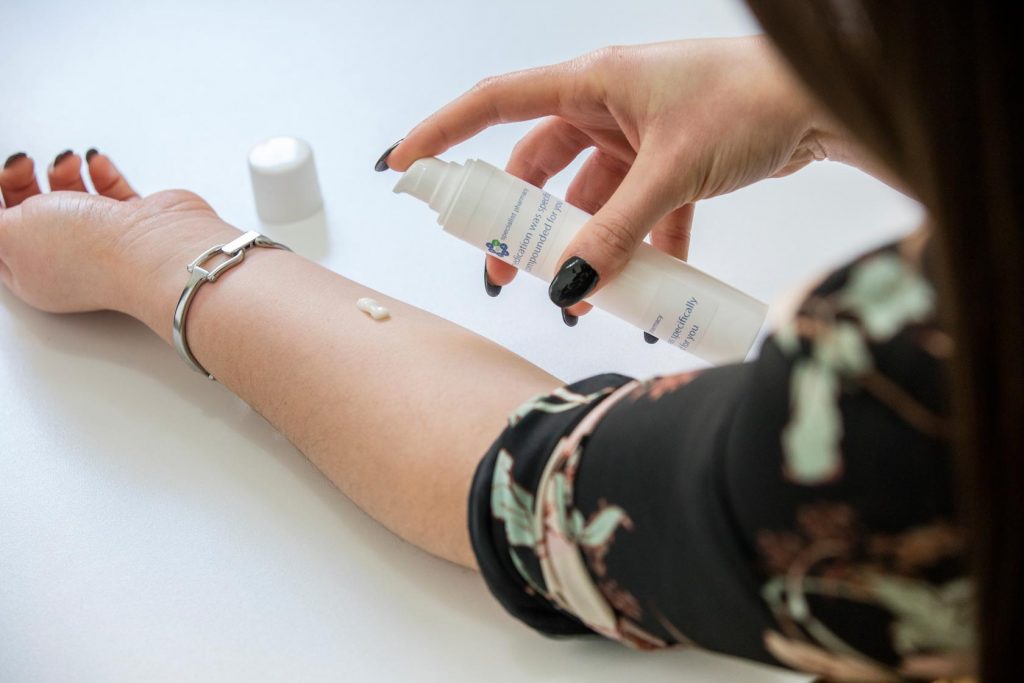Postnatal depression, which is often known as ‘postpartum depression’ or PPD for short, is the term which describes ongoing low mood after childbirth. This period of a woman’s life is, of course, a time of significant hormonal fluctuation and change and many women may experience what is sometimes referred to as the ‘baby blues’ around the third day after giving birth.
Understanding Postnatal Depression
This can manifest as weepiness, sadness and feelings of inadequacy and many new mothers may become suddenly overwhelmed by the task and responsibility ahead of them. Fortunately, the majority of women overcome this and the baby blues become a distant memory as they enjoy this new chapter of their life. Thyroid hormones can also change after pregnancy and may cause hypothyroidism which can cause depressive symptoms to develop. If this is the case you are likely to also see weight gain, lethargy and an intolerance to the cold.
For some women, however, the feelings of fear, anxiety and inadequacy are never totally resolved, and the new mother finds it difficult to overcome these and fully embrace motherhood. This can then lead to guilt and depression which become constant feelings she may experience if she has postnatal depression, and the underlying hormonal changes and fluctuations may continue for a period of months or even years.
What Are The Symptoms of Postnatal Depression?
If you think that you or someone you know may be suffering from postnatal depression it is very important to seek proper medical advice and diagnosis. If you are unsure, then some of the key symptoms to look for include:
- Sleep deprivation
- Exhaustion
- Low energy
- Anxiety
- Feeling inadequate with taking care of child
- Identity crisis
- Sadness
- Low self-esteem
- Decreased sex drive.
How is Postnatal Depression Treated?
At the Marion Gluck Clinic we often see patients who feel that they are suffering from postnatal depression and first go to their GP who will diagnose them. Subsequently many are put on antidepressant medication, which often doesn’t work. As postnatal depression occurs during times of hormonal change, the symptoms can therefore be treated by balancing the woman’s hormones with hormones tailored to their specific needs. By introducing bioidentical hormones, which are identical to the naturally occurring hormones in the body, this can successfully result in a positive mood, increased energy and vitality, and reduced anxiety, thereby treating the postnatal depression and allowing the woman to throw herself fully into the joys of motherhood. In addition to treatment with bioidentical hormones, other strategies in the form of sports and exercise may be recommended as they can reduce symptoms of depression.

Book An Appointment Today
The Marion Gluck Clinic is a leading private medical clinic based in London. Start your journey back to optimal health by booking a consultation with one of our expert doctors. To book, please call our Patient Care Team on 020 7191 2378, email secretary@mariongluckclinic.com or use our book an appointment form.
Once you have submitted your booking enquiry, a Patient Care Advisor will be in touch within 24 hours to arrange your consultation. Please note that there may be a waiting time for your preferred doctor.
